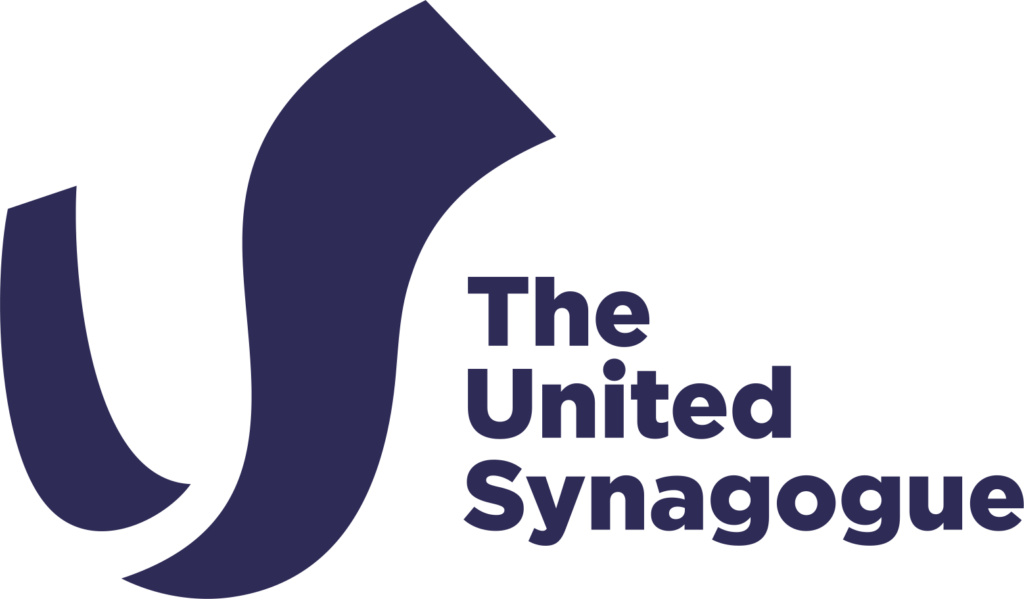By Rabbi Daniel Epstein, Western Marble Arch Synagogue
As we approach the last few hours of Yom Kippur, and feeling rather weary, we are presented with the reading of the Book of Yonah (Jonah) during the Mincha service. Many of us are familiar with the story. Yonah was a prophet who lived in the first Temple period. Nineveh was a large non-Jewish city, perhaps the most prominent city in the world at the time. Yonah was unwilling to follow God’s command and implore the people of Nineveh to repent their ways. He tried to run away from his mission but – via a miraculous journey inside the belly of a large fish – ultimately arrived in Nineveh to fulfil his task.
The Mishnah (Ta’anit 2:1) refers to the repentance of Nineveh, when detailing how cities should pray on fast days: “…the eldest among [the city elders] shall then address [the people] in heart-rending terms: ‘My brethren, consider that it is not written in respect to [the repentance of] the people of Nineveh, that God hearkened to their having wrapped themselves in sackcloth, nor to their fast-days, rather that ‘God saw their acts, that they had turned from their evil ways’” (ibid. 3:10).
What were these ‘acts’? The King of Nineveh responded to God’s 40-day ultimatum for repentance by telling his nobles to convey this message to the people: “No man or beast—of flock or herd—shall taste anything! They shall not graze, and they shall not drink water! They shall be covered with sackcloth—man and beast—and shall cry mightily to God. Let everyone turn back from his evil ways and from the injustice of which he is guilty. Who knows but that God may turn and relent? He may turn back from His wrath, so that we do not perish” (ibid. 3:7-8).
It would appear that the king was ‘testing’ God by telling the people to starve their animals until He would forgive them. Indeed the Talmud states: “…How did they act? — they separated the animals from their young offspring and they said, ‘Master of the Universe, if You will not have mercy upon us, we will not show mercy to these [young animals]!’” (Ta’anit 16a).
Rabbi Shimon Gershon Rosenberg, (known by the acronym Rav Shaga”r, d. 2007) explains that this was tantamount to ‘threatening’ God with animal cruelty. Surely this was arrogant behaviour, hardly synonymous with repentance? So why did God actually pay heed to such behaviour?
Rav Shaga”r compares this to some of our experiences on Yom Kippur. Many of us have not come near to wholehearted repentance, yet we are calling out to God to tear up bad decrees. Is this not tantamount to arrogance? Is there really value in this?
He answers that the very fact we are turning towards God and addressing Him is a valuable shift, as we see from the model of Nineveh. At this critical juncture of Yom Kippur, late in the afternoon, we may be grappling with the overwhelming challenge of psychologically committing to full repentance. This calming message reassures us that moving ourselves even slightly in the right direction is worthy in the eyes of God.
In fact, the king’s response, as explained by Rav Shaga”r, reminds us that we are not necessarily expected to change everything in one day. Starving the animals and calling out to God may not have been fully altruistic, but at least it was an act! Even the smallest of changes can eventually move us towards a path of real growth.

